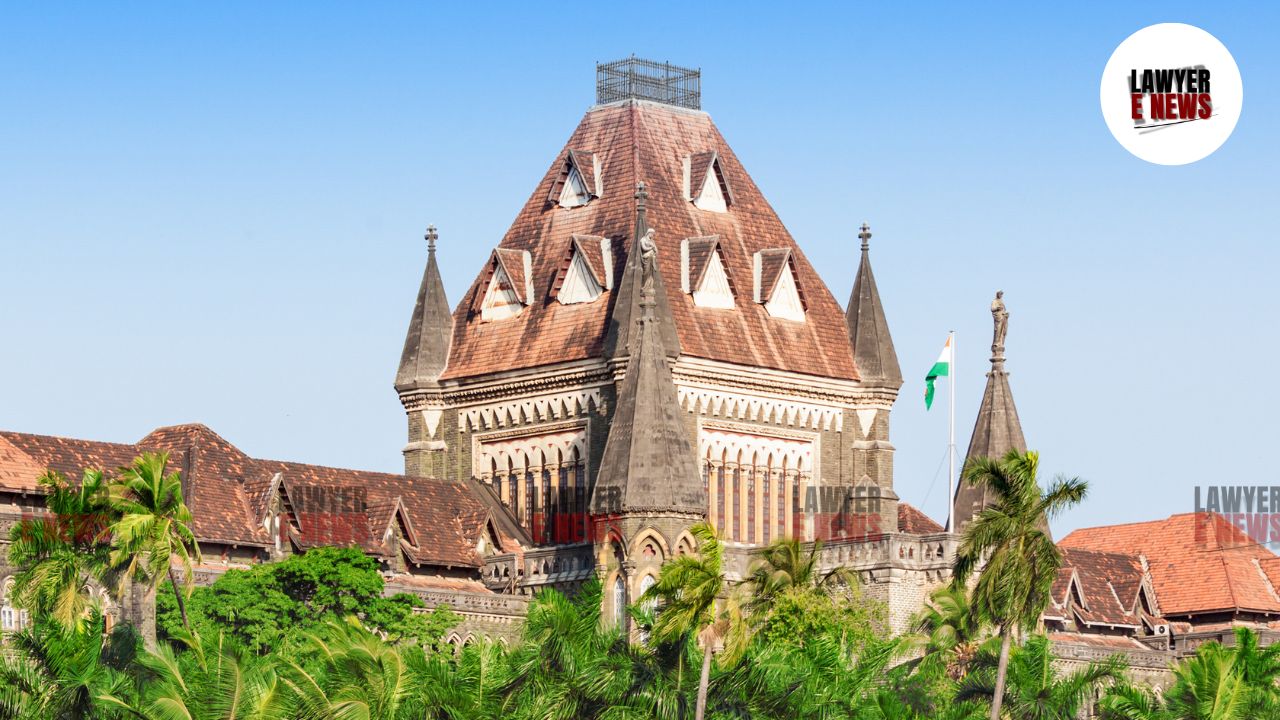-
by Admin
15 February 2026 5:35 AM



Bombay High Court criticizes local police for failing to investigate all angles in cold-blooded murder of Abhishek Ghosalkar, directs transfer to CBI for impartial probe. The Bombay High Court has transferred the investigation of the brutal murder of former corporator Abhishek Ghosalkar to the Central Bureau of Investigation (CBI). The court, comprising Justices Revati Mohite Dere and Shyam C. Chandak, observed significant lapses in the Crime Branch’s inquiry, highlighting that several crucial angles remained unexplored. The ruling was made in response to a petition filed by Ghosalkar’s wife, Tejasvee Ghosalkar, seeking a fair and thorough investigation into the incident, which was broadcast live on Facebook.
On February 8, 2024, Abhishek Ghosalkar, a former Shiv Sena corporator, was shot dead in a shocking live-streamed attack in the office of Mauris Noronha, the prime suspect in the case. Noronha, after firing 7 to 8 bullets at Ghosalkar, shot himself using the same weapon. The investigation was initially handled by the M.H.B. Colony Police Station and later transferred to Crime Branch, Unit-XI. However, Tejasvee Ghosalkar filed a petition citing the lack of depth in the investigation, suspecting a larger conspiracy involving Mauris's associates, Amrendrakumar Mishra, and Mehul Parekh.
Failure to Explore All Angles: The court found several gaps in the Crime Branch's investigation, especially regarding the involvement of others besides Mauris. The petitioner pointed to multiple suspicious behaviors and inconsistencies, including the movements of Mehul Parekh and Amrendrakumar Mishra before and after the incident. Despite the petitioner providing CCTV footage and other evidence, the police had failed to investigate these angles adequately.
"Some Vital Aspects Not Investigated": The bench noted that while the Crime Branch claimed to have investigated all possible leads, the ground reality suggested otherwise. "Some vital aspects which ought to have been investigated have not been investigated," the court remarked, adding that this raised serious concerns about the thoroughness of the investigation.
Suspicious Conduct of Key Witnesses: The statements of Amrendrakumar Mishra and Mehul Parekh, both present during the incident, were found to be contradictory. Mishra’s behavior, in particular, raised alarms. He reportedly fled the scene despite hearing gunshots and witnessing the chaos outside Mauris's office. The court noted that Mishra's actions were highly suspicious and not adequately scrutinized by the investigators. Similarly, Parekh’s evasive actions and failure to respond immediately to the gunshots further added to the court’s concerns.
Justice Revati Mohite Dere remarked, “If all angles of a case are not examined, it would lead to a travesty of justice. Therefore, even if there are innocent lapses in the investigation, they cannot be allowed to continue, as it would result in the denial of a fair and impartial investigation, leading to a miscarriage of justice.”
The court further emphasized the need for an independent and impartial investigation: "In the peculiar facts and circumstances of this case, we deem it appropriate to transfer the investigation to the CBI, so as to retain public confidence and ensure justice is done."
Exceptional Circumstances Warrant CBI Probe: The court referred to established legal precedents on the transfer of investigations to CBI, underscoring that such transfers are to be made in rare and exceptional circumstances. In this case, the court noted that the serious lapses in the investigation and the public nature of the crime—broadcast live on social media—necessitated the involvement of an independent investigative body.
Criticism of Local Police’s Handling: While the court clarified that its decision was not a reflection on the efficiency of the Crime Branch, it strongly suggested that the local police had failed to consider the broader conspiracy theories suggested by the petitioner. The court stressed that the quality of investigation is paramount in ensuring justice, particularly in high-profile cases such as this.
The Bombay High Court’s order to transfer the investigation to the CBI sends a clear message about the importance of impartial and thorough investigations in cases involving public figures and serious criminal allegations. By highlighting the gaps in the initial inquiry, the court has underscored the judiciary's role in safeguarding the integrity of the investigative process. The case will now be overseen by a CBI officer not below the rank of Superintendent of Police, and the investigation will focus on all potential angles, including the roles of other individuals who may have conspired in the murder. This decision is expected to restore public confidence in the judicial system and ensure that justice is served in this shocking case.
Date of Decision: September 6, 2024
Tejasvee Abhishek Ghosalkar vs. The State of Maharashtra & Others
